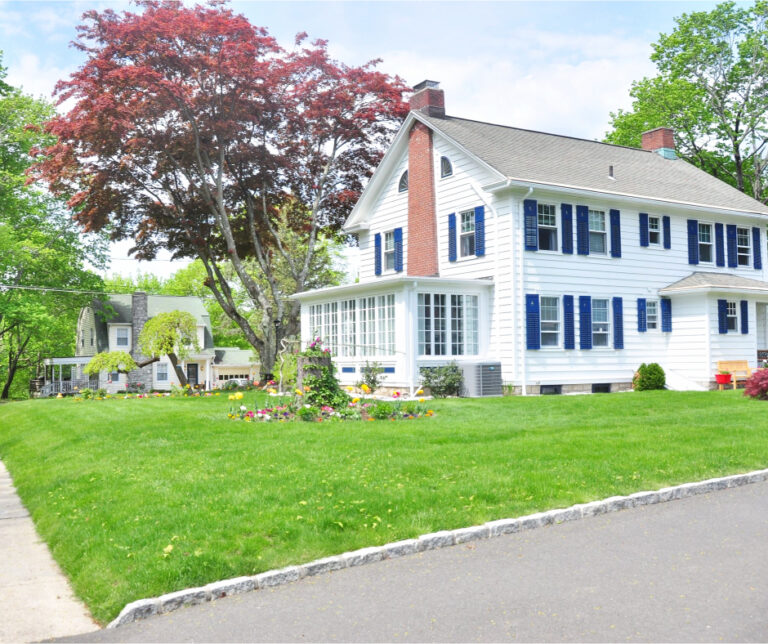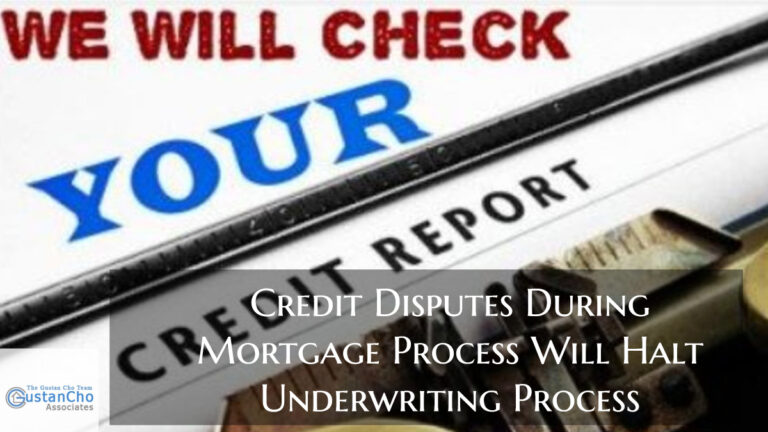This guide will cover the differences between conventional versus FHA loans. We will highlight why conventional versus FHA loans are better for certain borrowers than others and vice versa. Alex Carlucci, the regional managing director of Gustan Cho Associates and the managing director of GCA Mortgage FORUM, said the following:
Buying a home is one of the most significant decisions we will ever have to make. Financing the investment, however, has been quite a hurdle for many people. Some pay with cash, but most use mortgages to finance the purchase. Regarding mortgages, the type of loan you get influences the qualification requirements, loan terms, rate, and ultimately the kind of property you can afford.
Now, two of the most common loans are FHA and conventional loans. These mortgages are pretty different and come with varying requirements. In this article, we will focus on these differences, telling you how these loans compare so that you can make a more informed decision on the loan you can apply for. The following sections of this guide on conventional versus FHA loans will cover which mortgage loan program is best for you.
What Are FHA Loans?
Many first-time homebuyers hear of FHA loans, but what exactly is an FHA mortgage? HUD, the U.S. Department of Housing and Urban Development, is FHA’s parent. FHA, Federal Housing Administration loans are mortgage products offered by FHA-approved providers to borrowers who would otherwise find it hard to qualify for a conventional mortgage. Dale Elenteny, a senior mortgage loan originator at Gustan Cho Associates, said the following:
FHA mortgages are backed or insured by the Federal Housing Administration agency, which means that even when the borrower defaults, the lender gets partially insured by HUD on the loss.
Due to the government guarantee, lenders can originate and fund FHA loans with low down payment and less-than-perfect credit scores. FHA loans are easier to qualify for and usually have a smaller down payment requirement. However, you must pay mortgage insurance premiums as long as the loan balance exists.
What Are Conventional Loans?
Conventional mortgages are loan products that, unlike FHA loans, are not insured or guaranteed by a federal agency. And for that reason, they usually have stricter lending requirements than FHA loans. This is because lenders are looking to protect themselves from mortgage defaults. They require much proof, including a sizeable down payment from prospective borrowers, to ensure that the risk of default is significantly reduced. But if you put down a down payment of less than 20%, you must pay private mortgage insurance (PMI).
How Do Conventional Versus FHA Loans Compare To One Another?
So, how do these loans compare? As we’ve already mentioned, FHA and Conventional loans differ in terms of the requirement the borrowers need to fulfill. As you will see, FHA loans are much more flexible than conventional loans. In the following paragraphs, we will cover some key differences between conventional versus FHA loans.
Minimum Down Payments and Credit Score on Conventional Versus FHA Loans
FHA mortgages require a 3.5% down payment if you have a credit score of 580 or above. But if your credit score is between 500 and 579, you will need a 10% down payment to qualify for the loan.
As for conventional mortgages, you will require a 3% down payment with a credit score of 620. But if you decide to forego the PMI, the down payment goes up to 20%.
If it’s not your first home, you probably make less than 80% of the median income in the area where the property you are eyeing is located. The lower limit goes up to 5 percent, but if it is a second home, it goes up to 10 % and 15% if you get a multiple-family dwelling.
Debt-to-Income Ratio on Conventional Versus FHA Loans
The Debt-to-Income ratio, or DTI, is the percentage of a borrower’s before-tax income spent to pay debts, including student loans, credit card payments, child support, or other existing mortgage payments.
The higher the DTI, the harder it will be for borrowers to pay their bills. Lenders are always interested in knowing this information as it helps them determine whether or not they will be approved for a loan.
You can qualify for FHA loans with a DTI ratio of 46.9% front-end and 56.9% back-end%, with some lenders approving borrowers with no lender overlays. It would be best to have a DTI ratio of 50% or less for conventional mortgages to qualify.
Mortgage Insurance on Conventional Versus FHA Loans
Mortgage insurance – based on the down payment required and the loan terms, you may need to pay mortgage insurance. These payments are meant to protect the lender just in case you, as the borrower, stop making payments for any reason. With that said, FHA mortgages come with a mandatory mortgage insurance payment requirement, regardless of the amount of the down payment.
The insurance premium is made as an up-front payment, which can be rolled into the loan to be paid throughout the loan’s life. For borrowers who put down a 10% or more down payment, you only need to pay the insurance premiums for 11 years, but for those who put a down payment of less than 10%, the premium payments will need to be paid for the entire duration of the mortgage.
In conventional mortgages, you are only required to pay for private mortgage insurance (PMI) when you put down a down payment of less than 20%. And when the mortgage balance falls below 80% of the home’s original value, the PMI gets removed, or you can request the lender to cancel the premiums.
Loan Limits on Conventional Versus FHA Loans
Loan limits – FHA and conventional loan lenders limit the amount every borrower can qualify for, and the loan limits can be adjusted annually. For instance, for 2023, the FHA loan limit is set at
$1,089,300 in the expensive markets and $472,030 in low-cost areas. Conventional loans are subject to the conforming loan limit that the Federal Housing Finance Agency sets; for 2023, the limit was $726,200.
Property Standards on Conventional Versus FHA Loans
Property standards – the property’s condition and intended use are of significant interest to lenders and important factors when comparing conventional mortgages to FHAs. Both types of loans require property appraisals, but FHA requirements are more stringent than conventional ones. Angie Torres, the National Operations Director at Gustan Cho Associates, said the following about FHA home appraisals.
FHA appraisals require the property’s value to be assessed, plus the safety and soundness of the construction have to be thoroughly vetted.
The appraisers also need to see adherence to the local code restrictions. On the other hand, conventional appraisals focus more on the property’s market value. The lender wants to ensure that should you default on the mortgage and the property goes into foreclosure. They will be able to recover the loan amount by selling it.
What Type of Borrowers Benefit From FHA Loans
Pros and cons of FHA mortgages Now that we have compared both types of mortgages, we need to understand the pros and cons of each type, starting with FHA loans. Here are the pros of FHA loans:
- Low down payment, making homeownership accessible for borrowers who may not have the resources for a larger down payment
- Flexible credit requirements
- Low closing costs given that the government insures the mortgage and lenders can charge less.
Easy refinancing since they are eligible for “streamline refinancing,” a fast and more straightforward method of refinancing an existing loan. It is available to finance various properties, including single-family homes, multi-family homes, manufactured homes, and condos.
Cons of FHA Versus Conventional Loans
There are instances where FHA loans will not work for homebuyers and homeowners. There are negatives to FHA loans. There are many times when conventional loans are better for certain borrowers. We will bullet point when borrowers cannot benefit from FHA loans in the bullet points below:
- Mandatory mortgage insurance premiums, added to the monthly mortgage payment, can be costly, making the payment expensive, especially for borrowers with a small
down payment. - Higher housing payments due to annual FHA mortgage insurance premiums.
- No matter the loan-to-value, the annual FHA mortgage insurance premium cannot be canceled.
- Limits on seller contributions to closing costs benefit FHA loans versus conventional loans.
- You cannot finance second homes and investment homes with FHA loans
- Conventional loans allow second and investment home financing.
- Loan limits on FHA loans are generally lower than on conventional loans.
- Stricter property standards could eliminate many properties from your list, leaving you with unwanted choices.
Pros and Cons of Conventional Versus FHA Loans
Below, we will list the pros and cons of conventional versus FHA loans.
- Lower costs as there are no mandatory mortgage insurance premiums
- Flexible down payment options, which can be as low as 3% to as high as 20% or even more
in some cases - No restrictions on the type of property you can purchase, such as owner-occupant, second homes, and investment properties, which gives you more options from which to choose
- Offers several refinancing options, including cash-out refinancing and rate-and-term refinancing
Conventional loans have higher loan limits than FHA loans, meaning you must go with conventional loans if you exceed HUD maximum loan limits.
Cons of Conventional Versus FHA Loans
The following list below is the cons of conventional loans:
- Stricter credit requirements
- Higher interest rates for lower credit score borrowers
- Not eligible for government programs
- Needs a higher credit score and a lower DTI for one to qualify
Bottom Line on Conventional Versus FHA Loans
You must evaluate your financial situation when deciding between a conventional loan and an FHA. An FHA mortgage is a much better option if you have a lower credit score, a higher DTI, and a lower—down payment amount. But if your financial situation is a bit more sound, your credit score is decent, you have a lower DTI ratio, and you don’t want the maximum loan limits, a conventional loan might. Be for you. Ultimately, you can consult a financial expert or a mortgage broker for further guidance on the option that fits you.






